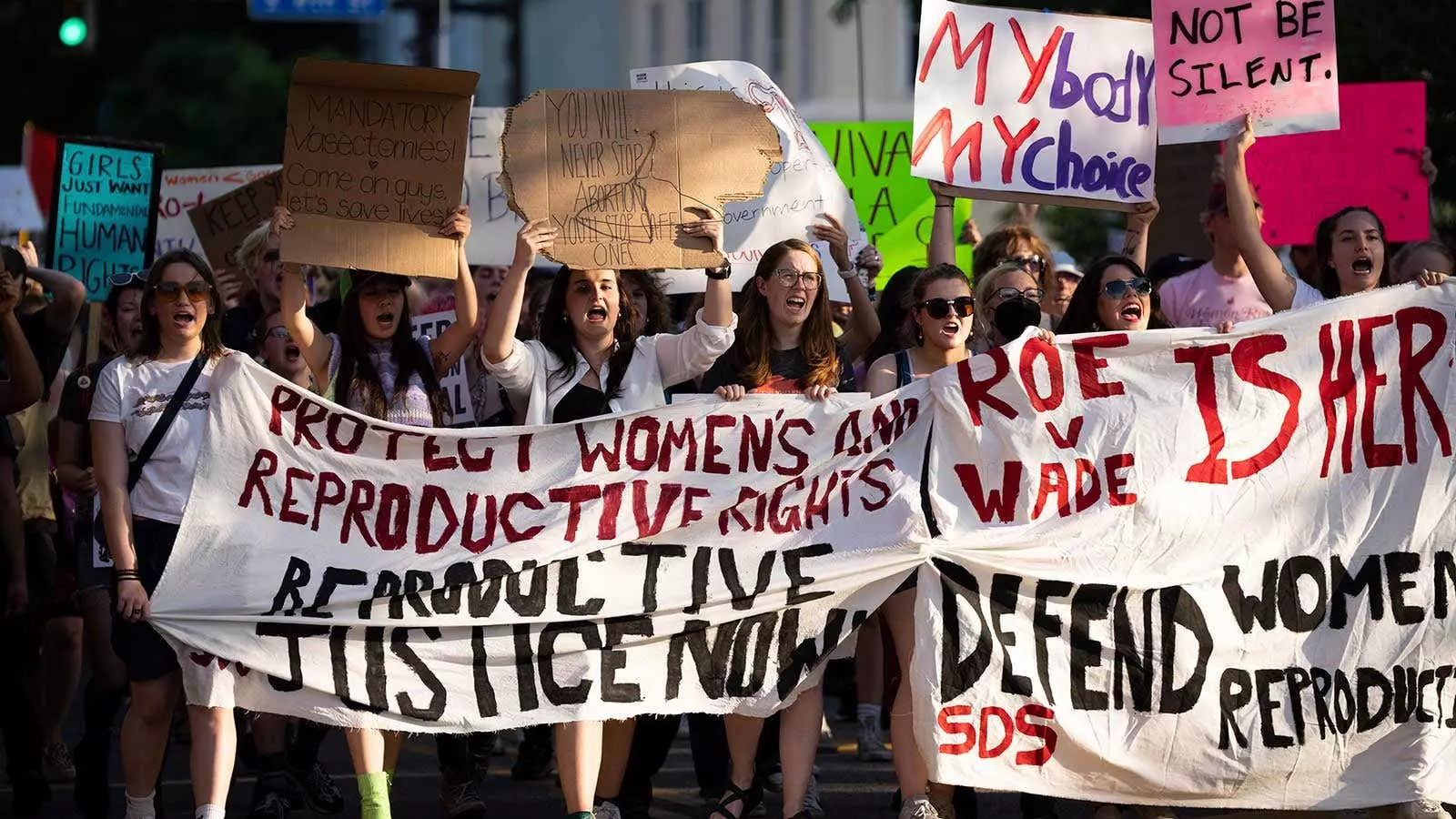The recent ruling by the Minnesota Court of Appeals has brought to light a controversial case involving a pharmacist’s refusal to provide emergency contraceptives to a customer based on personal beliefs. The three-judge panel determined that pharmacist George Badeaux engaged in discrimination when he declined to fill a prescription for emergency contraception in 2019. This decision has sparked a heated debate about the intersection of personal beliefs and professional responsibilities in the healthcare industry.
The customer, Andrea Anderson, was forced to travel a significant distance to obtain the emergency contraception after being turned away by Badeaux. This incident led Anderson to file a lawsuit citing discrimination under Minnesota’s Human Rights Act. The court ruled that Badeaux’s refusal constituted sex discrimination, setting a precedent that may have far-reaching implications for businesses in the state. The decision emphasized the importance of ensuring that patients have access to reproductive healthcare services without facing discrimination or undue obstacles.
The ruling in this case has raised important questions about the balance between religious beliefs and professional obligations in the healthcare field. While Badeaux’s attorney argued that his client’s refusal was based on deeply held religious convictions, the court found that it amounted to discrimination against women seeking reproductive healthcare services. This case underscores the need for clear guidelines and regulations to protect patients’ rights to access necessary medications and treatments, regardless of providers’ personal beliefs.
The conflict between Badeaux’s religious beliefs and the patient’s right to timely and appropriate medical care highlights the ethical dilemmas that can arise in healthcare settings. The pharmacist’s refusal to dispense emergency contraception not only impacted the customer directly but also raised broader concerns about the potential barriers to reproductive healthcare access. As debates over abortion rights and contraceptive access continue to unfold, cases like this one serve as a reminder of the complexities surrounding healthcare decision-making.
The ruling in this case sends a clear message to healthcare providers and businesses that discrimination in the provision of medical services will not be tolerated. By affirming that the refusal to dispense emergency contraception constitutes sex discrimination, the court has signaled the importance of upholding patients’ rights to comprehensive and timely healthcare. Moving forward, healthcare professionals must carefully consider the ethical implications of their actions and prioritize patient well-being above personal beliefs or preferences.
The Minnesota Court of Appeals’ decision regarding the pharmacist’s refusal to provide emergency contraceptives underscores the ongoing challenges in balancing personal beliefs with professional responsibilities in the healthcare industry. This case serves as a reminder of the need for clear guidelines and ethical standards to ensure that patients receive appropriate care without facing discrimination or obstacles. As debates over reproductive rights and healthcare access continue, it is crucial for healthcare providers to prioritize patient well-being and uphold their commitment to providing timely and comprehensive medical services.


Leave a Reply